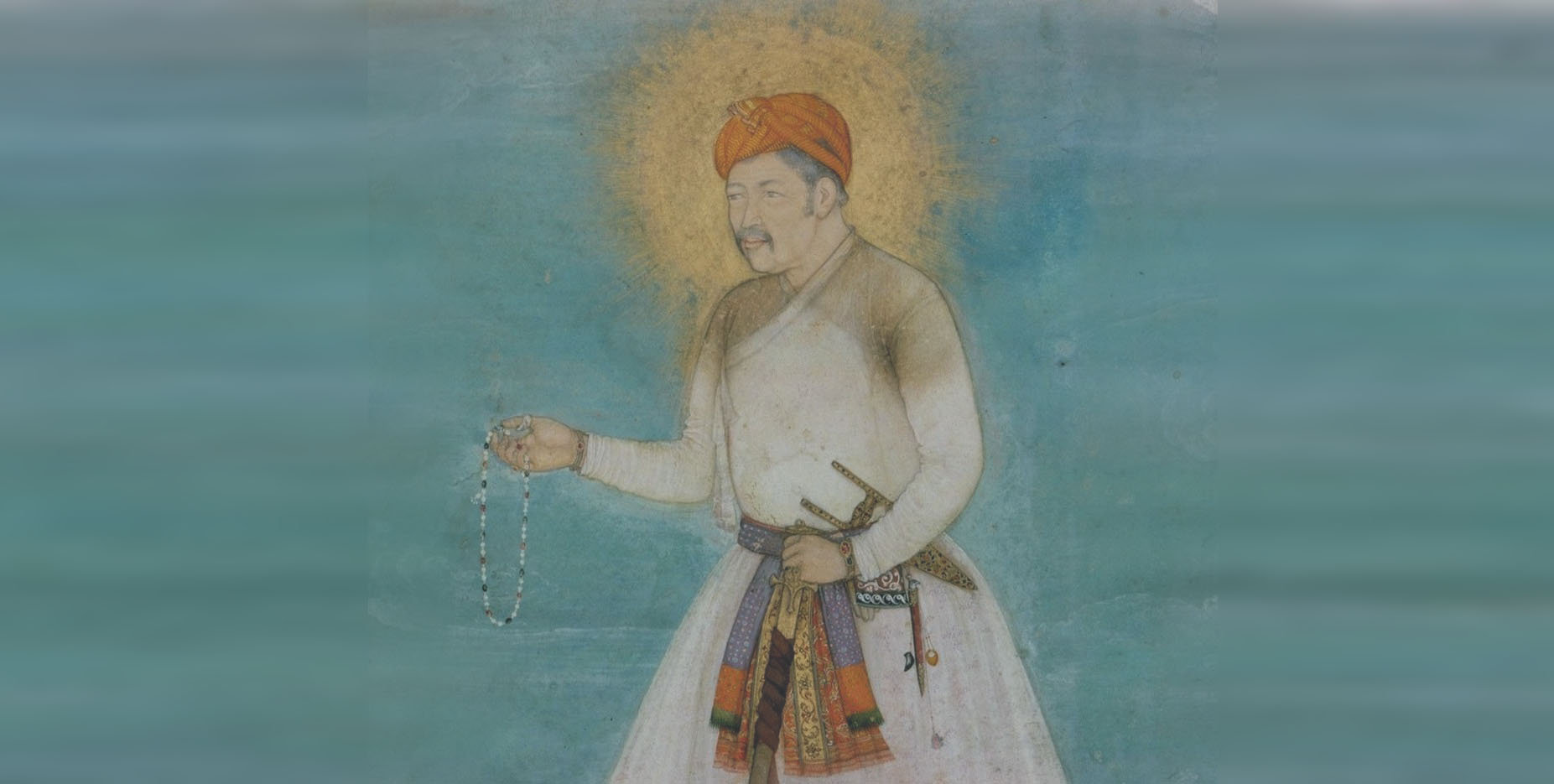
Shauqueen Mizaj
Allahabad is a historically significant city in the Indian state of Uttar Pradesh. Situated at the confluence of the Ganges and Yamuna rivers, it is one of the oldest cities in the country and has been a centre of learning, art, and literature for centuries.
However, in 2018, the ruling Hindu nationalist Bharatiya Janata Party (BJP) renamed the city Prayagraj, a move perceived by many as an attempt to erase Allahabad from the map.
The city is famous for hosting the Kumbh Mela, an important Hindu pilgrimage and one of the largest religious gatherings in the world. Being a major religious site for the Hindus, the ruling party decided to change the 435-year-old name given by a Mughal ruler, a Muslim, to a historic one, thereby establishing the dominance of Hindu culture over Muslim heritage.
The campaign to rename Allahabad was led by the controversial Hindu priest Yogi Adityanath, now the Chief Minister of Uttar Pradesh. He is known to target religious minorities, particularly Muslims. According to him, the Hindu identity, tradition, and “glorious” history of India should be safeguarded by erasing the country’s ‘Muslim’ past left by the “alien Muslim invaders.”
The renaming of Allahabad is just one example of the BJP government’s larger trend of renaming cities, streets, airports, and other places, often showing an aversion to Islamic names. Under the leadership of Narendra Modi, the BJP has pushed for a revisionist approach to Indian history, emphasising Hindu culture and identity while downplaying the contributions of Muslim rulers.
It started in July 2018 with the renaming of Mughalsarai, a major British-era railway station in BJP-ruled Uttar Pradesh, as Deen Dayal Upadhyay Nagar after Deen Dayal Upadhyay, the ideologue of the Rashtriya Swayamsevak Sangh (RSS), the parent organisation of the BJP.
The proposal again came from Yogi Adityanath. His government then changed the name of Faizabad district to Ayodhya, known as the birthplace of the Hindu god Ram.
It was the same place where a violent Hindu mob in 1992, razed the Babri Masjid, believed to have been built by the Mughal emperor Babur in the 16th century, leading to one of the worst episodes of religious violence in the country’s history. In 2019, the Delhi and District Cricket Association (DDCA) renamed Feroz Shah Kotla Cricket Stadium as Arun Jaitley Stadium after former DDCA President Arun Jaitley.
In the same year, three villages in the state of Rajasthan with Islamic names, namely Ismail Khurd, Miyon ka Bara, and Narpada, were renamed Pichanwa Khurd, Mahesh Nagar, and Narpura, respectively, by the BJP government led by the then Chief Minister, Vasundhara Raje.
Of India’s 677,459 villages, more than 7, 000 have been renamed, including 3, 626 named after Ram and 3, 309 after Krishna, two Hindu deities, according to data released by The Indian Express. The calls for renaming have only grown louder during the tenure of the Modi government.
Not only the cities, but history textbooks have also been revised to downplay the Mughal era and highlight Hindu figures like Chhatrapati Shivaji Maharaj.
References to the Mughals, who ruled over the subcontinent between the 16th and 19th centuries, have been removed from history textbooks.
In 2017, the Maharashtra Education Board revised history textbooks for classes VII and IX, removing almost all traces of the rule of the Mughals and the monuments they built and instead focusing on the Maratha empire founded by Shivaji, popularly known as Chhatrapati Shivaji Maharaj. In the new edition of the class VII history book, Muslim rulers in the country before the Mughal period have been eliminated.
And there is also no trace of the rupaya, first introduced as currency by the Afghan invaders. Notably, the revision of the syllabus was discussed at a meeting held by the Rambhau Mhalgi Prabodhini, a think-tank promoted by the RSS, with the then Maharashtra education minister Vinod Tawde.
Erasing the Muslim names and tenets of Muslim heritage and culture from India’s history sends a clear signal that the Mughals, who shaped more than 300 years of the country’s history, were still outsiders, much like the British.
For the ruling BJP, renaming is an essential corrective to the perceived injustice meted out to the Hindus by the Muslim rulers for nearly a millennium.
It is unfathomable why the majority of Hindus feel threatened by the Muslims that form the country’s minority community. Critics argue that the renaming is to erase the Muslim legacy and exalt Hindu culture, Hindu identity, and Hindu nationalism. It is therefore aimed at disempowering Indian Muslims and further alienating them.
In the pursuit of a political agenda, it is important to examine the consequences of such actions on communal harmony and the inclusive fabric of Indian society. As historian Irfan Habib concludes, history is always the “first victim of politics”. History should be a crucial tool for understanding the past and shaping a better future, rather than being a casualty of vested political interests.
Painting: In 1583, Akbar the Great, India’s third Mughal emperor, named Allahabad
(Credit: Govardhan/CC)